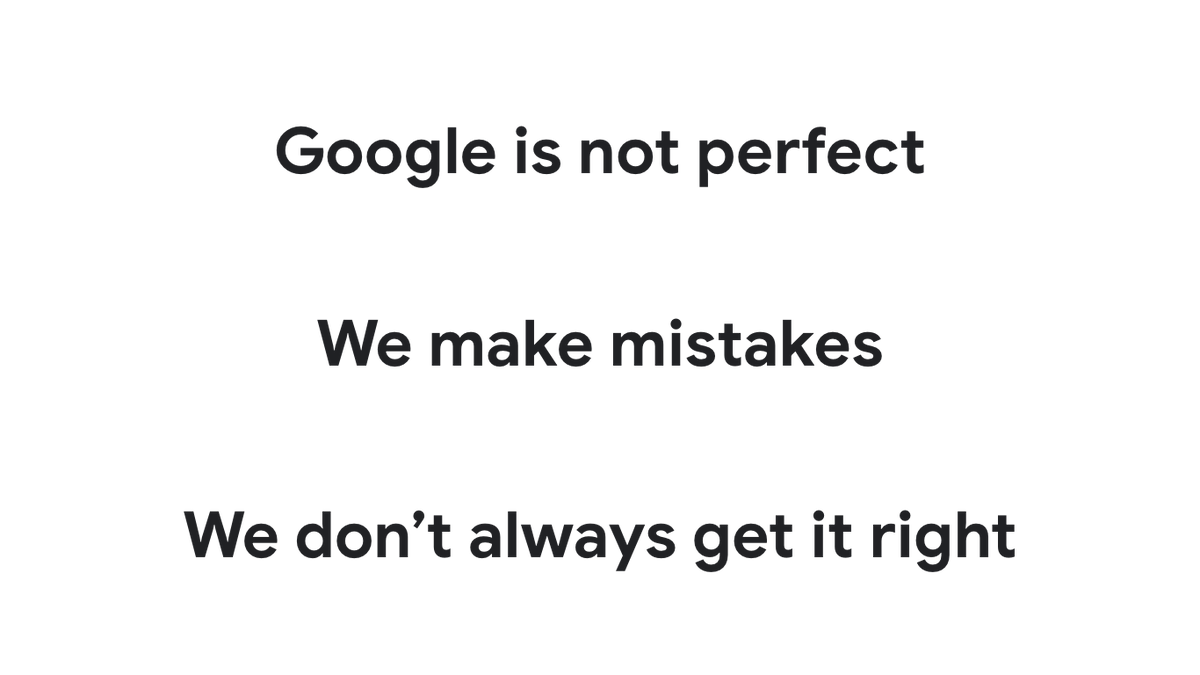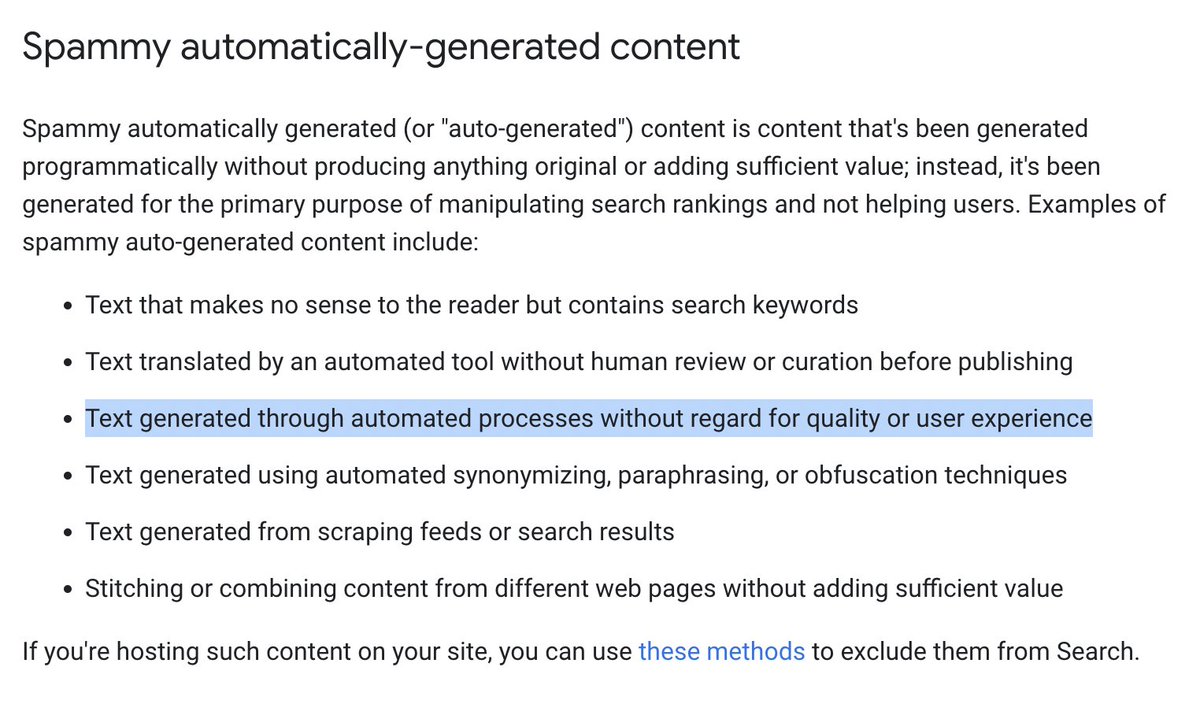Google Search has never seen as many searches for a single topic continue over a sustained period as is happening now with COVID-19. Many searches are for news about what’s happening in local areas, such as sheltering updates or the latest on testing. Here’s how we’re helping….
What is local news content? It can be material produced by publishers like local newspapers, that we understand specifically serve particular cities or regions. It can also be content we identify as relevant to a particular area, even if written by those outside the area....
Last month, we made a change to help local content surface better within our Top Stories box. In addition, we added a new “Local news” box to show local news content in response to coronavirus-related searches: 

For publishers, there’s no particular change to make. We already review a number of signals to understand if content seems particularly relevant to a location. Our change is simply to ensure we’re better balancing those signals to match local content to those searching for it...
Beyond local news, we also made a change where both AMP and non-AMP stories will appear in Top Stories for searches that are coronavirus-related. AMP remains necessary to be considered for other topics: support.google.com/news/publisher…
As a reminder, we recently launched the Journalism Emergency Relief Fund to help local newsrooms in a time of need. The program will deliver financial support to small & medium-sized news organizations around the world.
blog.google/outreach-initi…
blog.google/outreach-initi…
• • •
Missing some Tweet in this thread? You can try to
force a refresh













